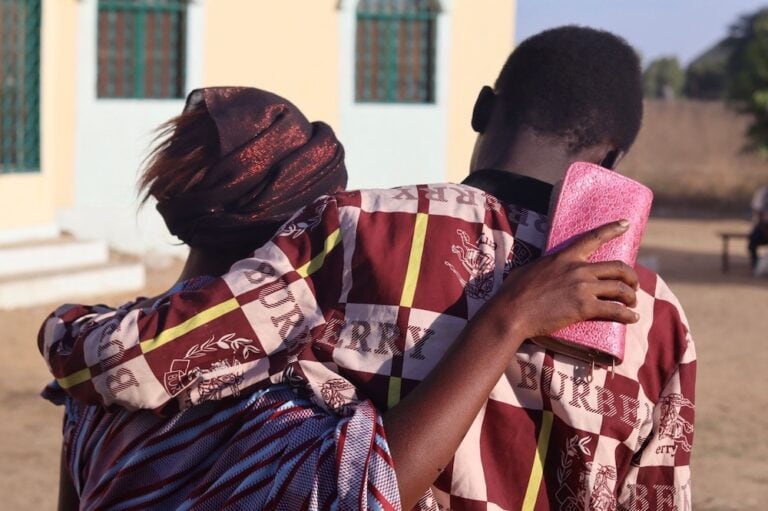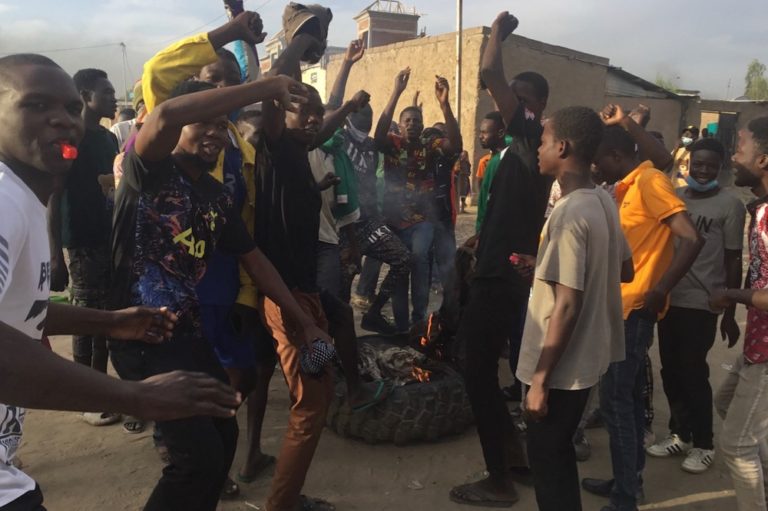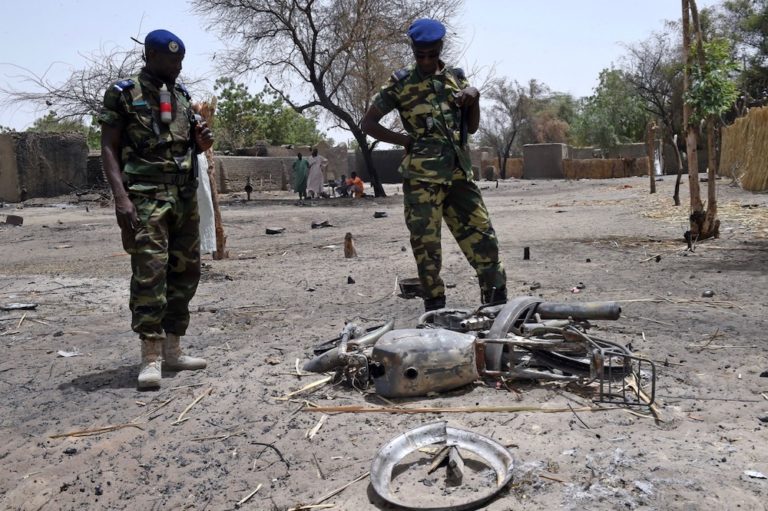(RSF/IFEX) – Reporters Without Borders has called for an explanation from the Chadian authorities for the dawn arrest and detention of Nadjikimo Benoudjita, managing editor of the privately-owned weekly “Notre Temps”. The worldwide press freedom organisation called for his release if he was being held in connection with his work as a journalist. On 14 […]
(RSF/IFEX) – Reporters Without Borders has called for an explanation from the Chadian authorities for the dawn arrest and detention of Nadjikimo Benoudjita, managing editor of the privately-owned weekly “Notre Temps”.
The worldwide press freedom organisation called for his release if he was being held in connection with his work as a journalist.
On 14 December 2007 at about 6:00 a.m. (local time), around 20 soldiers travelling in four Toyota pick-ups burst into the journalist’s home in N’Djamena, which is also the editorial office of the newspaper he heads. After saying they “needed him”, they bundled him into one of their vehicles without producing a warrant. They said they were taking him to the central police station, but he is in fact being held at the headquarters of the security branch of the police force.
No reason was given for his arrest, but local journalists believe that it could be linked to the publication in the 11 December issue of an editorial headlined “Sarko, no crocodile tears”. In it, Benoudjita wrote a virulent criticism of French policy in Africa, claiming that the “political class (. . .), from De Gaulle to Chirac, and including Giscard and Mitterrand, spent their time supporting petty tyrants with blood on their hands and cosying up to African governments of thugs against the interests of their people.”
Publicly questioning French President Nicolas Sarkozy on his knowledge of Chadian reality, he said that the “black hand which so enthusiastically struck the southern elites” under the regime of Hissène Habré was that of the current president, Idriss Deby Itno, whose actions were angrily challenged.
Finally, he advised Nicolas Sarkozy to use “the huge resources that France spends to run a war [in Chad] to reconcile Chadians with other Africans, so as to turn the page on this old Africa and build the new one, which is supposed to be an equal partner of Europe”.
“On one hand, a government which shrugs off the rule of law to punish a citizen, allegedly guilty of an offence, gives a wretched example. On the other hand, the arrest of a critical journalist for what he has published, offers no recompense to the person who feels offended,” Reporters Without Borders said.
“For these two reasons, the Chadian authorities should demonstrate transparency and not allow themselves to resort to brutal treatment of the private press, which invariably leads to a radicalisation of its discourse”.


